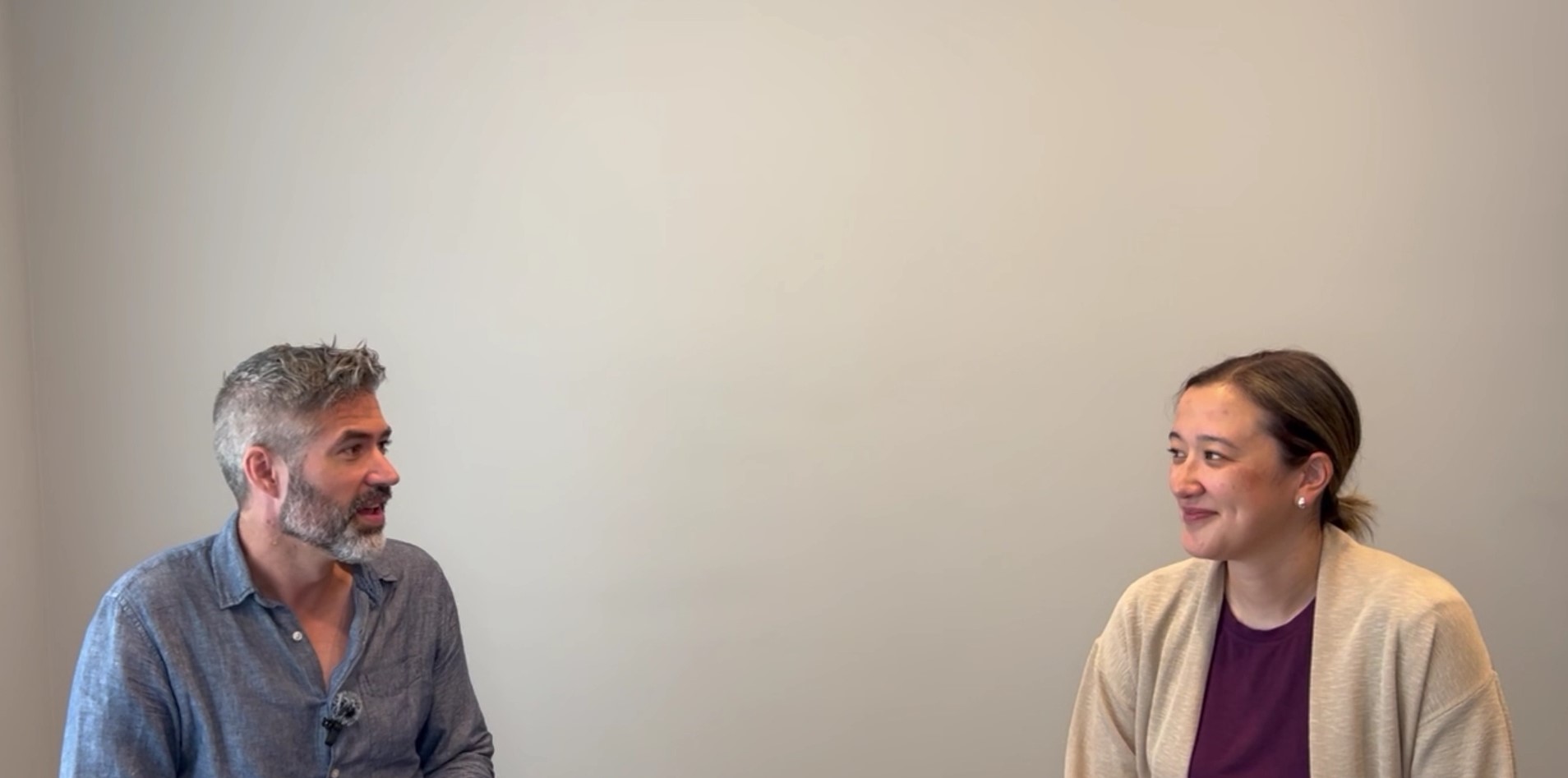Caring for an aging loved one is a journey that combines challenges and beautiful moments. Whether you’re managing a loved one’s neurocognitive needs or helping them transition to long-term care, the role of a family caregiver is both deeply impactful and emotionally complex.
In a recent discussion, Dr. Kevin sat down with Dr. Allison Nakanishi, a seasoned geriatrician based in Victoria, to share valuable insights into the world of patient-centered care for seniors. With her expertise in geriatrics and internal medicine, Dr. Nakanishi champions a compassionate approach that respects each person’s unique experiences and values.
A Path Built On Patient-Centered Care
Dr. Nakanishi’s journey into geriatrics began with her love for patient-centered care—treating each patient as a whole person, not just a diagnosis. “I really like getting to know somebody and their situation,” Dr. Nakanishi shared, “and developing a care plan around that, rather than starting with guidelines or numbers.” For her, the goal is simple but essential: to understand each patient’s life, needs, and aspirations and to shape their care accordingly.
In geriatrics, where patient needs are often complex, this personalized approach truly makes a difference. When patients feel heard and valued, they’re not just receiving medical care—they’re receiving respect and support.
A Day In The Life Of A Geriatrician
As a community geriatrician, Dr. Nakanishi’s day involves more than just consultations. She leads a team of dedicated professionals—nurses, occupational therapists, physiotherapists, and social workers—all of whom share a commitment to patient-centered care.
“Our team includes geriatric nurses, an occupational therapist, physiotherapists, and rehab assistants,” she explained. “In our outpatient clinics, we also work with social workers and the cognitive health initiative.” This teamwork is crucial to delivering comprehensive care, especially for seniors facing conditions like dementia, frailty, and other geriatric syndromes that impact quality of life.
Where Geriatrics Meets Palliative Care
One of the unique intersections in senior care lies between geriatrics and palliative care. While both focus on improving quality of life, each takes a different approach. Geriatric care often focuses on managing chronic conditions long-term, while palliative care tends to address short-term, end-of-life needs.
“There’s an interesting dynamic here,” Dr. Kevin noted. “In the media, the two fields are often conflated, but in practice, the approach to geriatrics can be quite different from palliative care.” This difference underscores the need for a well-rounded, patient-centered care model—one that respects the varying journeys and needs of each individual.
Supporting The Caregiver: A Team Effort
Providing care isn’t limited to medical support; it’s an emotional and physical effort, particularly for family caregivers. Dr. Nakanishi believes in acknowledging the crucial role of caregivers and the impact caregiving has on their lives. “I want caregivers to know they are not alone,” she said. “There are support groups and community organizations that help caregivers develop coping skills, share experiences, and find resources.”
Caregivers often face isolation and burnout, and community support plays a vital role in easing this burden. Many programs offer assistance like meal delivery, housekeeping, and personal care—all of which help caregivers better focus on the emotional connection with their loved ones.
Navigating Tough Transitions: Moving From Home To Assisted Living
Transitioning from home to assisted living or long-term care is one of the most challenging steps for families. Dr. Nakanishi approaches these conversations with compassion, advocating for patient-centered care in every decision.
“We want to understand how someone functions at home and why,” she explained. “This allows us to assess what supports they need, and where they can safely live while respecting their autonomy.” Sometimes, this means finding ways to modify the home environment or arranging in-home services so that a loved one can stay where they feel most comfortable.
Actionable Insights: Tips For Family Caregivers
For those caring for an elderly loved one, Dr. Nakanishi offers these essential tips:
- Self-Care Is Key: Taking care of yourself isn’t selfish; it’s essential. Both your physical and emotional well-being impact how effectively you can care for your loved one.
- Use Community Resources: There are many support options available, including home care services, support groups, and meal delivery programs that can make a big difference.
- Respect Their Wishes: Patient-centered care is about putting your loved one’s preferences first, empowering them in shared decision-making for better outcomes.
- Prepare For Transitions: Understand that moving to assisted living or long-term care may eventually become necessary. Keep open and honest conversations about what’s best for everyone involved.
Conclusion: The Strength In Caregiving
Being a caregiver is a unique journey—one filled with both hurdles and meaningful moments. Dr. Nakanishi eloquently describes one of the most rewarding parts of her work: “Hearing people’s stories and knowing they feel truly heard.” By embracing patient-centered care and utilizing community resources, caregivers and their loved ones can face this journey with strength and dignity.
Remember, you don’t have to do this alone. Resources, support, and compassionate care are all available to help you and your loved one navigate this path with respect and grace.

